End of the smartphone era? Huawei focuses on 5G
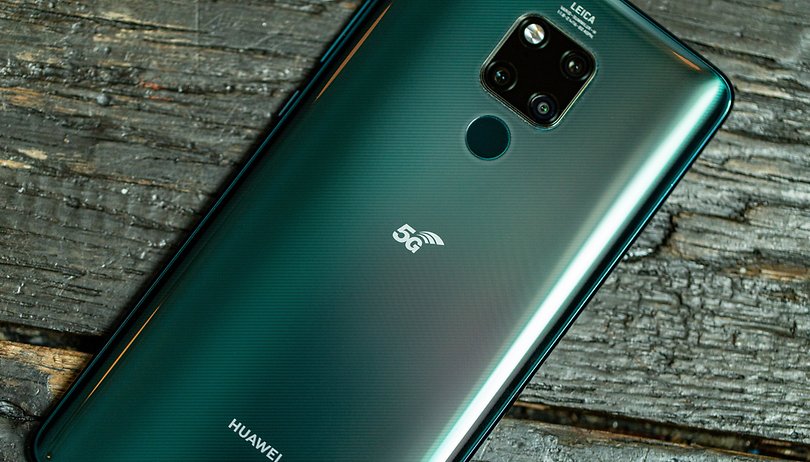

Huawei wants to concentrate again on its core business of network expansion and is reducing its orders for parts for the construction of new smartphones. This decision would create a huge hole in the coffers of suppliers, including LG and Samsung. But what would such a chain reaction look like? I say: Hooray, the smartphone era is coming to an end!
In the coming months, the smartphone business is expected to be significantly weaker than usual. Why this is so, we already covered in a separate article about smartphones becoming a victim of the crisis. Huawei is now one of the first producers whose relevant measures have been leaked (Asian Review).
The fact that Huawei decides to do so is in many ways well-founded:
- After the crisis, people are not spending their money on expensive smartphones for the time being
- New Huawei smartphones are unattractive in the west due to lack of Google services
- China's government is currently subsidizing the expansion of the (5G) network
- Huawei has 90 5G upgrade contracts worldwide; more than its biggest competitor Ericsson (79)
Huawei would thus return to its strong roots. The USA wanted to permanently cut back on these roots by constantly accusing the Chinese of espionage. Unfortunately, since the Snowden revelations, the Americans have no reputation for privacy, and the EU finally decided in favor of Huawei's participation in the 5G expansion despite the warnings from Washington D.C.
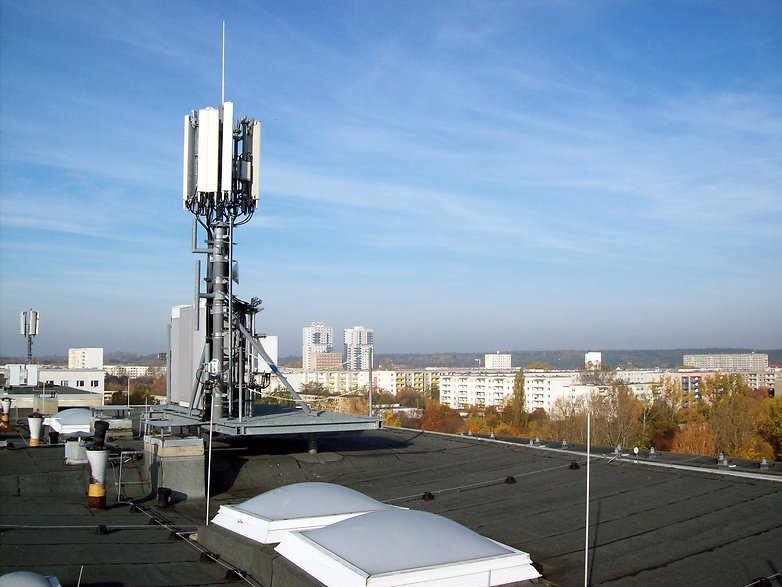
Networks are something solid
In the Nikkei Asian Review report, one of the informants is quoted as follows:
"Demand in the networking-related business is inelastic, so it hasn't been impacted by the coronavirus outbreak, not to mention China is going all-in on building 5G technology. Smartphones, on the other hand, are not necessity items when consumer confidence is shaken."
Huawei has reduced its sales target for smartphones by a quarter. While the target for 2019 was to sell 240 million devices, this mark has now dropped to 180 million devices. However, if you compare the actual 40 percent decline in smartphone sales recently reported by Strategy Analytics, Huawei still seems optimistic.
The situation is different with regard to network expansion with 5G and maintenance of the 4G network. China is subsidizing the expansion, already has 50 large cities in the new network and plans to install another 700,000 base stations this year. Despite the attempts of the USA to revile Huawei, with 90 customers worldwide it has more 5G contracts open than Ericsson (79).

The domino effect for the smartphone industry
Huawei developed its chipset and, more recently, the software in-house. Nevertheless, for some components, it was still dependent on licensors and suppliers. The processor technology comes from ARM; the batteries from LG, Panasonic, and Samsung; displays, RAM and the flash memory are also from Samsung.
So if the world's third-largest smartphone manufacturer suddenly cuts orders of such components by 30 percent for the second quarter of 2020 (as the report suggests), this will mean a very significant loss of revenue for the suppliers.
If more smartphone manufacturers follow Huawei's example, we will soon see a radically changed tech landscape. Let's look at some manufacturers in detail.
Apple could honestly benefit because it has a special position. Even though its valuation has now dropped below one trillion dollars, it is still strangely wealthy and can keep its clientele (presumably until the real apocalypse). If suppliers are now threatened with bankruptcy, Apple will simply buy them - or secure sufficient shares in them according to the Chinese model.
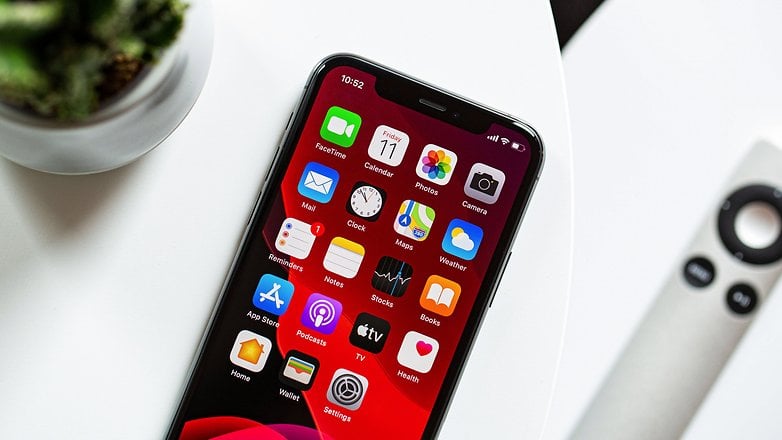
Samsung is so broadly based (oil tankers, finance, insurance, medical products ...) that even this company has virtually nothing to fear. Even if there were no more Samsung smartphones tomorrow, the company would continue to exist in a different form... for example as the most important supplier of iPhone parts. So the South Koreans would be winners, no matter how their own smartphone business goes.
And what if nobody misses smartphones?
With customers now forced to rethink and the realization that smartphones may not be that important, perhaps a new era can begin. Perhaps an avalanche will now be rolling through Shenzhen. But I wouldn't be surprised if the landscape thus newly formed is much more beautiful than the previous one.
If one looks at the smartphone market from a distance, very unpleasant developments are noticeable in retrospect. The new devices have fewer and fewer arguments for an upgrade. Manufacturers recognized this and resorted to increasingly clumsy means to achieve the planned or at least perceived obsolescence. New products became more fragile, spare parts more expensive and scarcer, software more and more closed.
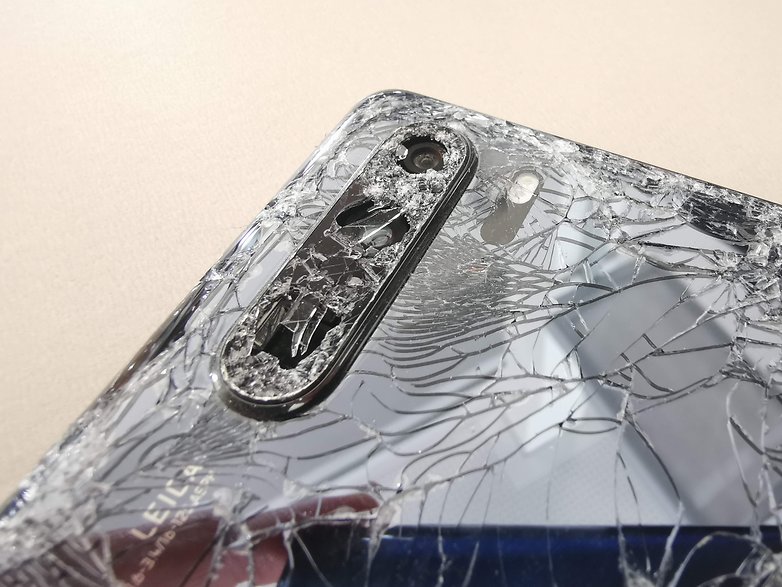
I have only been using smartphones since 2013. A little later I was familiar with root, custom ROMs and the like. But over the years the modder scene was put into a drawer with squatters - and they had all paid off their houses long ago! Lately, it seems to me that the manufacturers don't even want us to buy the products anymore. The way they treat us, they should honestly rent us the devices.
So if other major manufacturers follow Huawei's example and press the industry's reset button to establish something completely new, I wouldn't cry a tear for the smartphone in its current form. Its cool days are long gone.
Source: Nikkei Asian Review






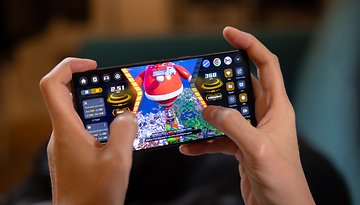



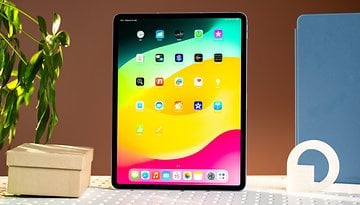
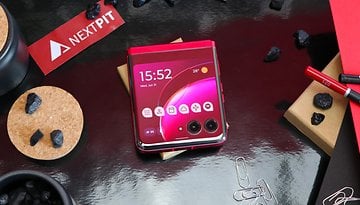
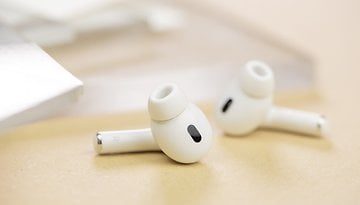
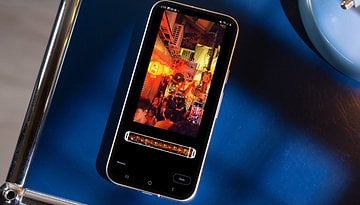


-
Admin
Mar 27, 2020 Link to commentMaybe phones should be just for comunications and not fashion statements.
Hopefully people will again sit in front of a computer screen or even better a book,paper and pen
I've had a "cell phone" since the days of the Motorola "brick". Flip phones, candy bar phones, PDA phones and smart phones. It's a work tool. After work, unless someone calls, I rarely touch one. Unless something "new" comes along, Apple, Samsung and a couple others will stick around. The rest, will say screw it and drop out. Bad part of that is without a ton of manufacturers churning out smartphones, the price will go up because of less competition.